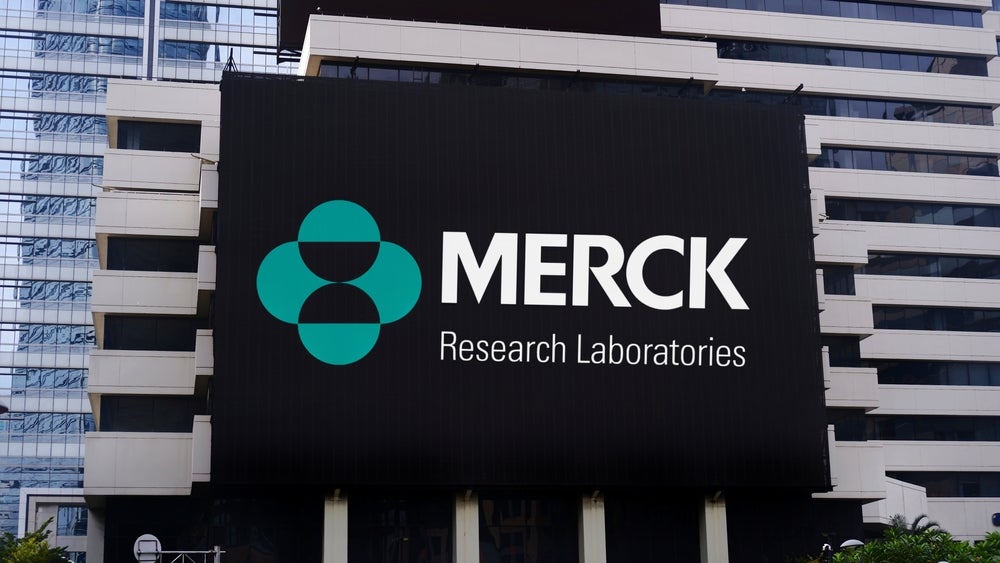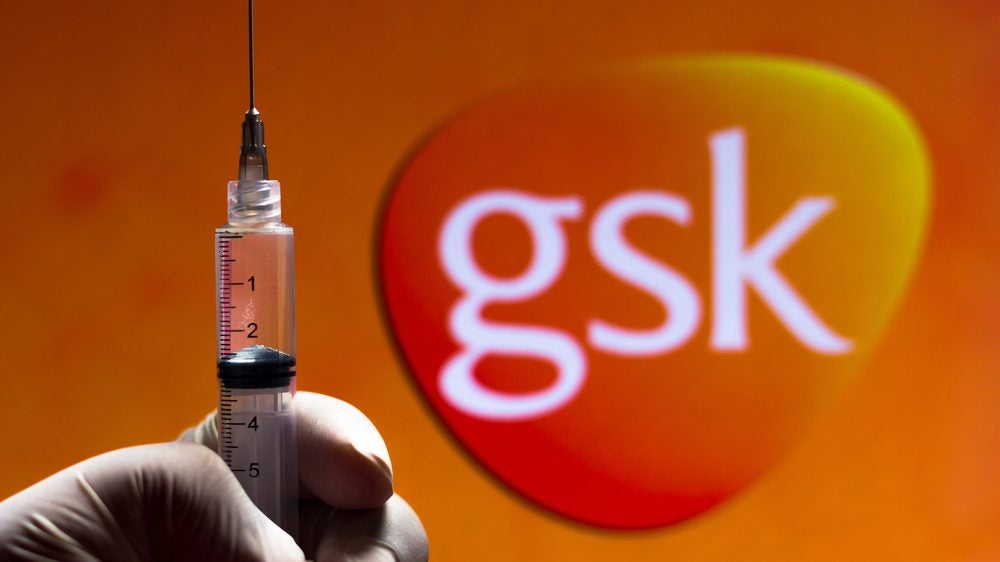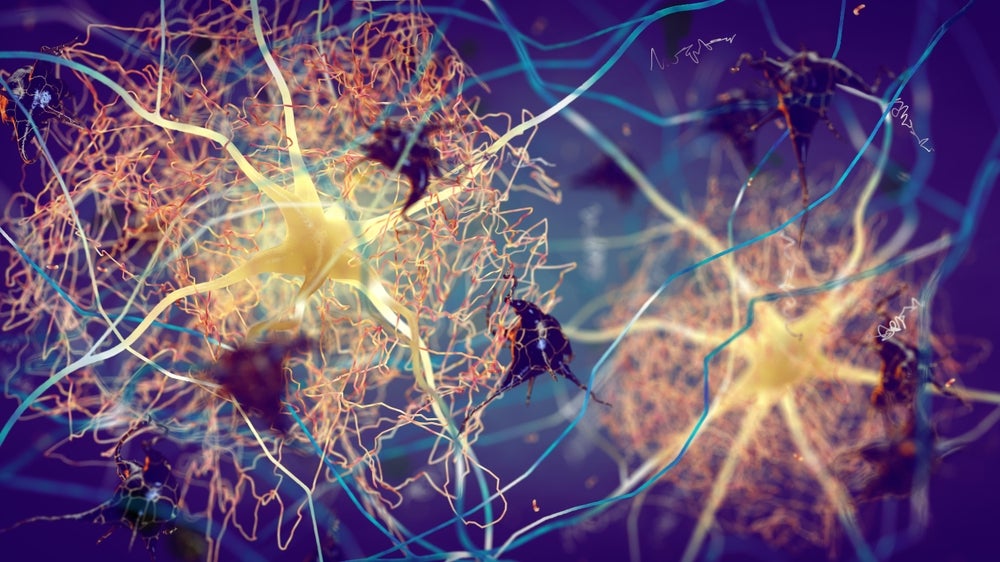MSD (Merck & Co) has voluntarily terminated two Phase II trials for MK-1942 due to potential liver toxicity due to the treatment.
The two Phase II trials (NCT05602727 and NCT04663321) were investigating MK-1942 as an adjunct treatment for mild to moderate Alzheimer's disease and as an add-on therapy for treating major depressive disorder.
MSD spokesperson told Clinical Trials Arena in an email that the company stopped the two studies after an unblinded review of the trial data, which “suggested MK-1942 was potentially associated with observations of liver toxicity”.
The spokesperson added: “This review was triggered by the identification of abnormalities in liver function tests for several study participants. No related serious adverse events (SAE) were reported.”
Alzheimer’s therapies are a growing area of interest, with 402 ongoing clinical trials evaluating these therapies, as per GlobalData’s Pharmaceutical Intelligence Centre. This renewed interest follows the US approval of Biogen and Eisai’s Leqembi (lecanemab) in January. The drug is expected to generate $12.9bn during 2023 and 2028.
GlobalData is the parent company of Clinical Trials Arena.
Following the termination decision, MSD’s neurological pipeline only consists of two drugs, MK-8189 for the treatment of schizophrenia which is currently in Phase II (NCT03055338), and MK-2214 for treating Alzheimer’s and is currently in Phase I (NCT05466422) clinical development.
Earlier this month, MSD partnered with Daiichi Sankyo to develop and commercialise three antibody-drug conjugate (ADC) candidates. As per the agreement, both companies will jointly develop and commercialise the ADCs worldwide, except in Japan where Daiichi Sankyo will hold exclusive rights with MSD receiving royalties on sales revenue.













